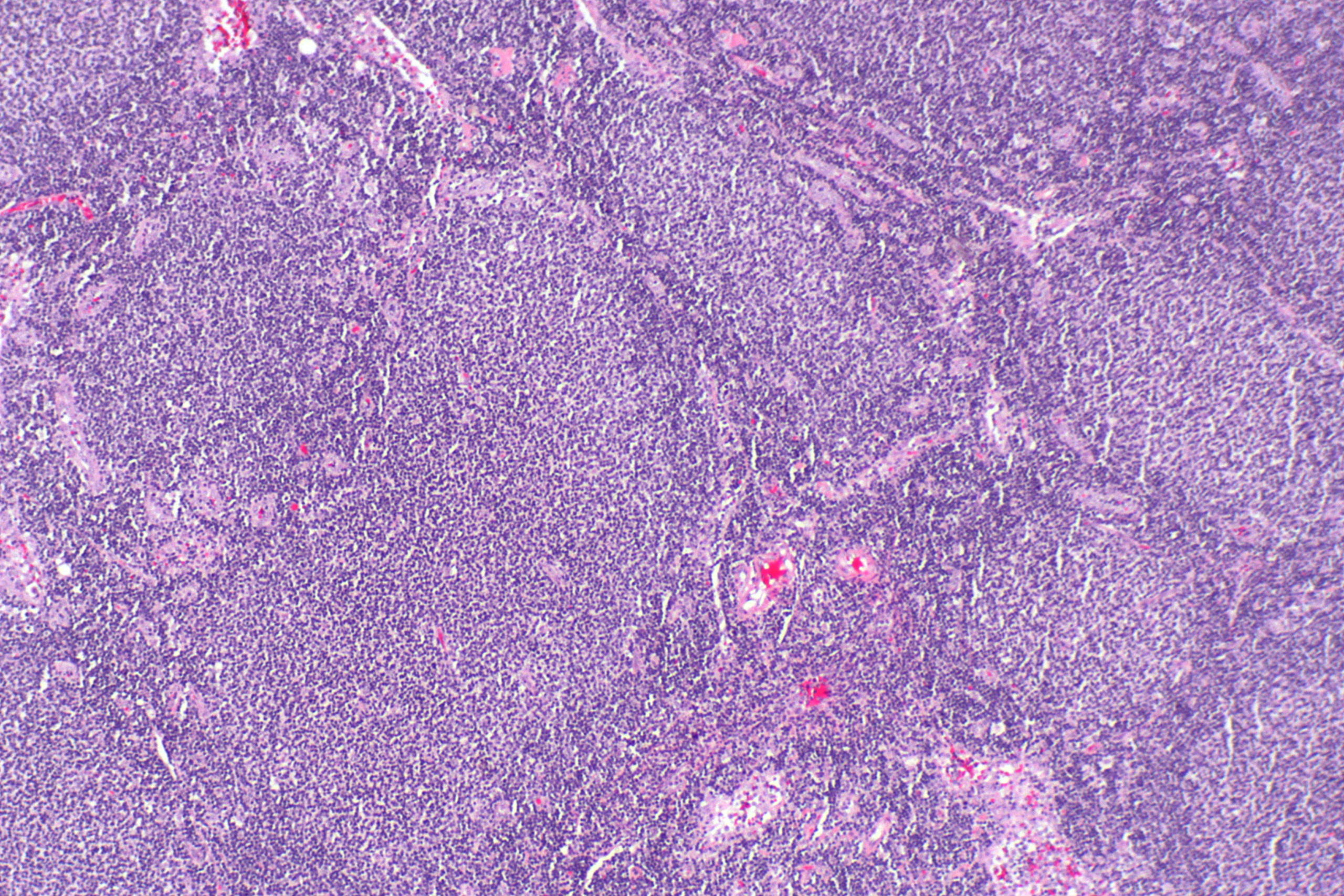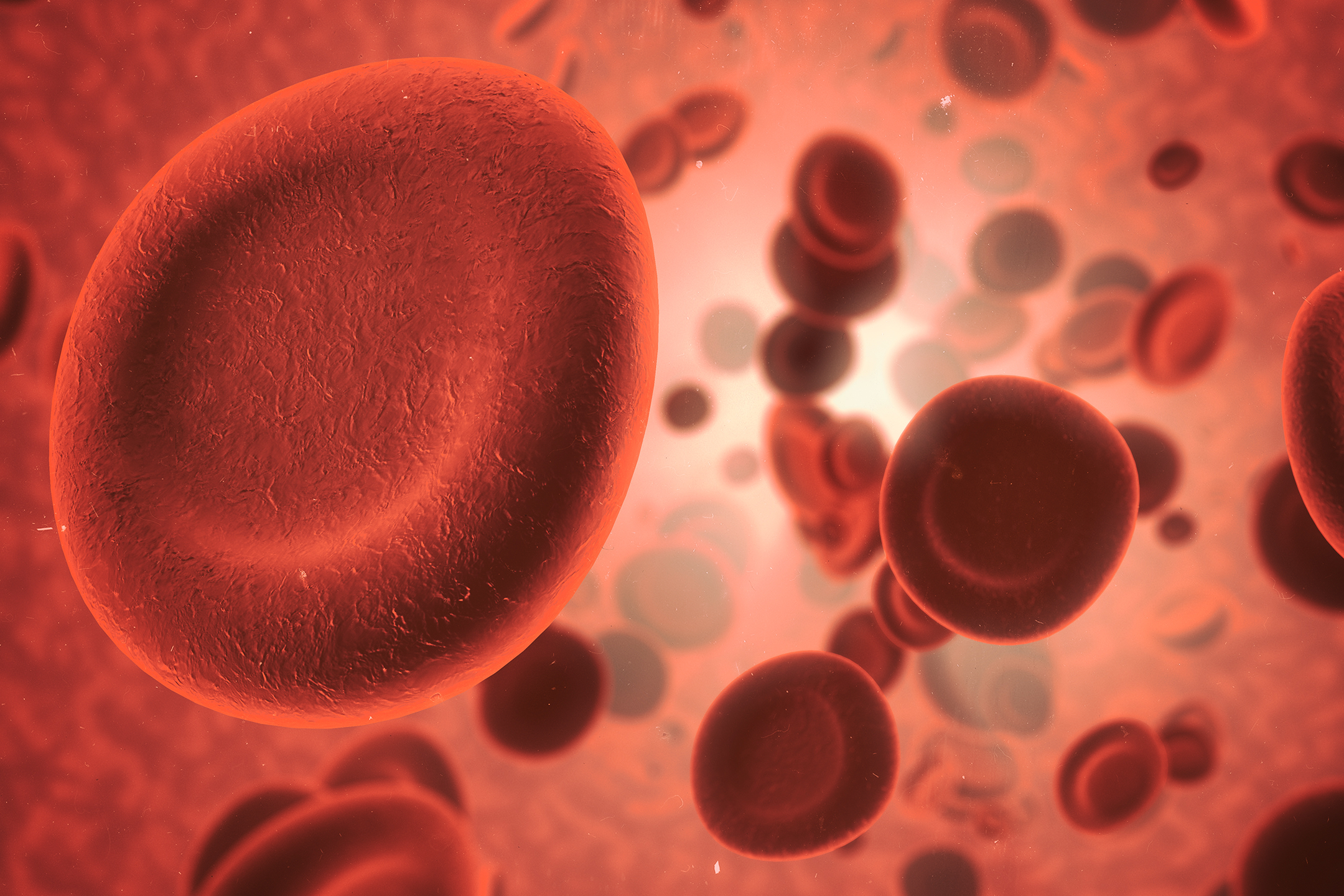Novel antibody-drug conjugate targeting CD123 shows antileukemic activity and strong safety profile in patients with relapsed or refractory AML
Patients with relapsed or refractory (R/R) acute myeloid leukemia (AML) marked by high expression of CD123 have few effective treatment options. In a new multicenter Phase I/II trial, researchers led by Naval Daver, M.D., and Hagop Kantarjian, M.D., evaluated pivekimab sunirine, a novel CD123-targeting antibody-drug conjugate, in 91 patients with CD123+ R/R AML. This first-in-human dose-escalation and expansion study had a primary endpoint to determine the maximum tolerated dose and the recommended Phase II dose....








